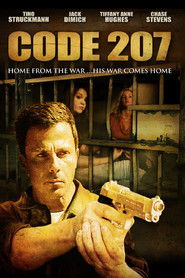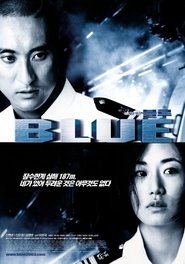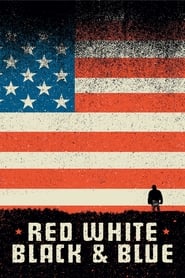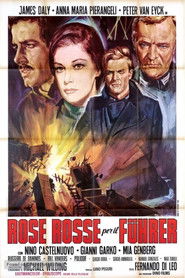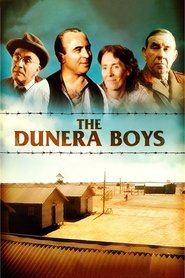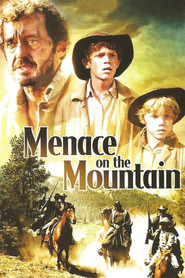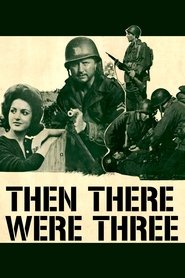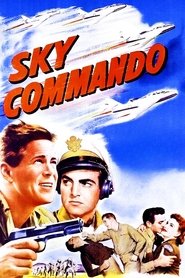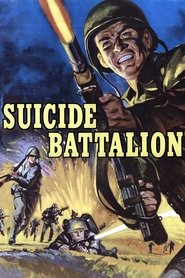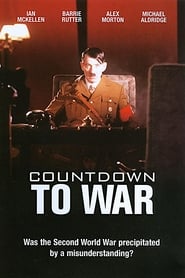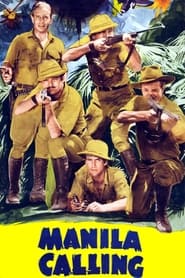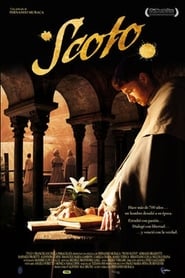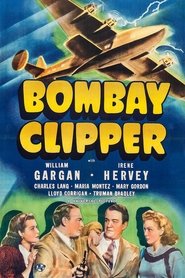Top Rated War Movies on Tub Tv - Page 283
-
Code 207
2012
Code 207
2012
star 2.5A criminal ring kidnaps women and sells them to wealthy clients. When they kidnap the wife of an ARMY Ranger, their plans change dramatically, when he finds the abandoned Prison where they are held. a deadly cat and mouse game begins as he hunts them while trying to save the women from being sold and shipped away. -
Blue
2003
Blue
2003
star 6.5Two friends in the Korean Navy, Lee and Kim are both part of an elite diving squad, specialising in emergency deep sea salvage dives. Lee is straight-laced and takes his duties seriously, while Kim treats the Navy as a lark. When Kang, a diving instructor and Kim's former girlfriend, is posted to the unit, this creates tension between the friends as they compete for Kang's affections. The tension is heightened when Lee is promoted ahead of Kim, creating a rivalry between the two. Kim's gung-ho approach to diving, and the danger he poses for himself (and his fellow divers), leads to further problems. Matters come to a head when an incident at sea causes the sinking of a submarine, requiring the unit to attempt a dangerous salvage rescue of the sunken submarine. -
Chips, the War Dog
1990
Chips, the War Dog
1990
star 8.5In this made-for-tv movie, misfits Danny Stauffer and Chips (a chicken-chasing German shepherd) are teamed up in the Army's "Dogs for Defense" program during WWII. -
Action
1987
Action
1987
star 6.5Summer 1943. Soviet commanders become aware about a spies school in the occupied territory of Ukraine running the traitor Karayev. The group of five is sent to destroy the school. -
Judgment: The Court Martial of Lt. William Calley
1975
star 3.5This docudrama follows the court-martial of the title character, the man held responsible for the My Lai massacre during the Vietnam War. -
Red White Black & Blue
2006
star 7In a secret battle that cost thousands of lives but was never revealed to the American public, the Japanese army invaded Alaska in June 1942. Sixty years later, two veterans embark on an intense and emotional journey, returning to their former battlefield. -
Red Roses for the Fuhrer
1968
star 5.2James Daly is an American special soldier who goes behind enemy territory during WWII. His Objective: to steal top secret SS document that can change the course of the war. -
The Dunera Boys
1985
The Dunera Boys
1985
star 6At the start of WWII the British Government decided to arrest all Germans in the UK no matter how long they had been there. Among those arrested were many Jewish refugees and many who were fully assimilated. This film records the story of a group who were sent to a POW camp in Australia aboard the Dunera. -
Menace on the Mountain
1970
star 4A period piece about the McIver family trying to protect there home from Civil War deserters. Actor Jodie Foster, then approximately 8, plays Suellen McIver. Actor Mitch Vogel, Jamie, is their protector. -
Then There Were Three
1961
star 6When an American attack on the German-held town of San Corrado results in the Germans being forced out of the town, they don't have time to take along a top Italian partisan leader they have captured and imprisoned. Fearing that the Americans will turn the man loose to organize more partisan attacks on their forces, the Germans send one of their top agents to infiltrate the town, posing as an American soldier cut off from his unit, and assign him to re-capture the partisan leader and bring him back for interrogation--or, if that's not possible, to kill him. -
Sky Commando
1953
Sky Commando
1953
star 5.5Colonel Ed Wyatt is regarded by pilots under his command as being a ruthless disciplinarian. His co-pilot, Lt. Hobson Lee, and Jo McWethy, a war correspondent assigned to the squadron become more friendly than meets Wyatt's approval. When Wyatt's plane is forced down behind enemy lines, he orders his crew to proceed to the American lines with the vital film they have shot, while he remains behind to hold off the enemy. -
Suicide Battalion
1958
Suicide Battalion
1958
star 4.5Second World War drama, set in the Philippines about a group of men recruited for the dangerous mission of destroying an American base to keep strategic papers out of enemy hands when Japanese forces invade. The men spend their last hours drowning their sorrows in a bar, but time is running out. American International Pictures originally distributed this film as a double feature with "Jet Attack". -
Wings Over the Pacific
1943
star 4.5An American officer discovers a Nazi plot to take over an island in the Pacific on which oil has been discovered. -
Countdown to War
1989
Countdown to War
1989
star 5Based on a play, the story details the dramatic negotiations between UK, France, Poland, Nazi-Germany and USSR from the day Czechoslovakia fell, until Britain's declaration of war on Germany caused by Hitler's invasion of Poland. -
Flying Fortress
1942
-
Manila Calling
1942
Manila Calling
1942
star 7During WWII, a group of brave Americans spy on the Japanese after their invasion of the Philippines and became the first U.S. Guerrilla fighters. -
Blessed Duns Scotus: Defender of the Immaculate Conception
2011
star 4.2John Duns Scotus was a Franciscan friar who provided the theological explanation of the Immaculate Conception of Mary in the early fourteenth century (500 years before it was proclaimed as a Dogma of Faith of the Catholic Church). "Duns Scotus" chronicles the life and teachings of the blessed in the years between 1303 and 1305. The film also offers a brief look at the childhood of this man and his will to join the Franciscan Order since childhood -
Eagle Squadron
1942
Eagle Squadron
1942
star 5.5An American joins the British Royal Air Force just before Pearl Harbor is attacked, and falls in love with a beautiful English girl. -
Bombay Clipper
1942
Bombay Clipper
1942
star 5.5Someone has absconded with $4,000,000 worth of diamonds, and that someone may very well be a passenger on the Bombay Clipper.
 Netflix
Netflix
 Amazon Prime Video
Amazon Prime Video
 Apple iTunes
Apple iTunes
 Apple TV Plus
Apple TV Plus
 Disney Plus
Disney Plus
 Google Play Movies
Google Play Movies
 Paramount Plus
Paramount Plus
 Hulu
Hulu
 HBO Max
HBO Max
 YouTube
YouTube
 fuboTV
fuboTV
 Peacock
Peacock
 Peacock Premium
Peacock Premium
 Amazon Video
Amazon Video
 The Roku Channel
The Roku Channel
 AMC+
AMC+
 Kocowa
Kocowa
 Hoopla
Hoopla
 The CW
The CW
 Vudu
Vudu
 Starz
Starz
 Showtime
Showtime
 PBS
PBS
 Pantaflix
Pantaflix
 FXNow
FXNow
 Tubi TV
Tubi TV
 Kanopy
Kanopy
 Comedy Central
Comedy Central
 Crunchyroll
Crunchyroll
 Microsoft Store
Microsoft Store
 Redbox
Redbox
 Sun Nxt
Sun Nxt
 ABC
ABC
 DIRECTV
DIRECTV
 Crackle
Crackle
 Fandor
Fandor
 Plex
Plex
